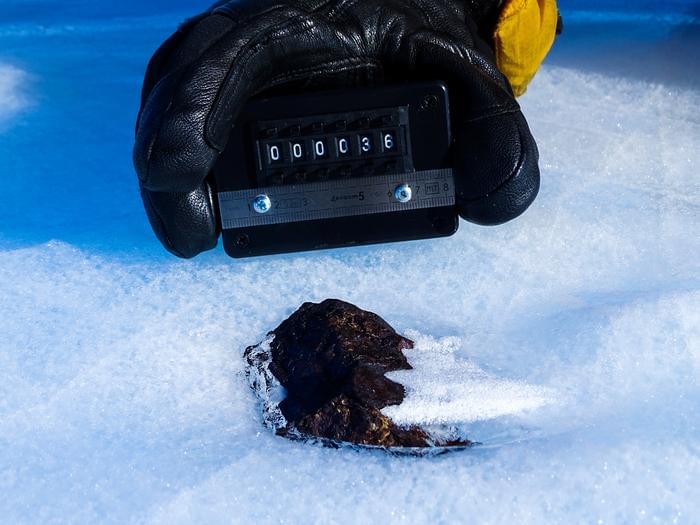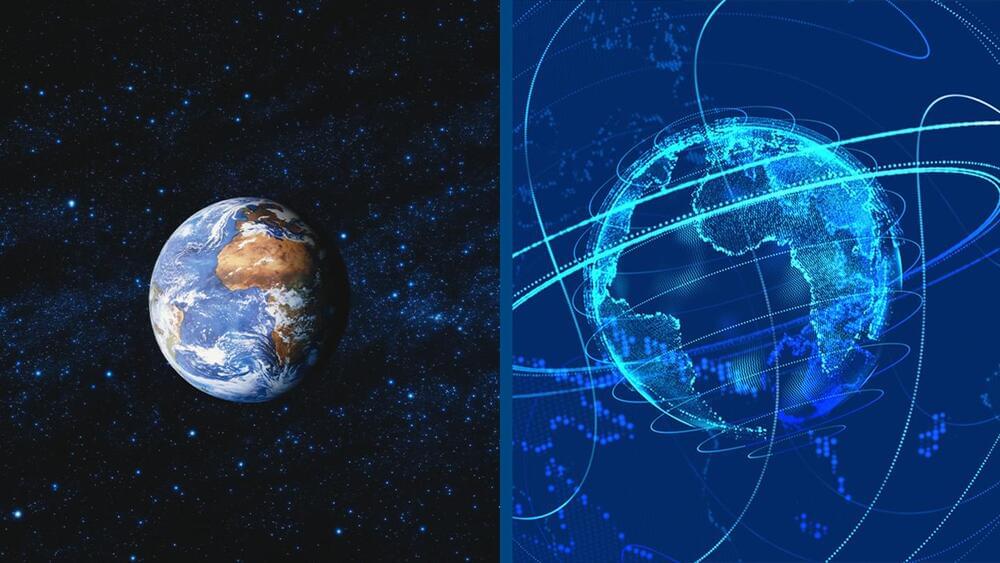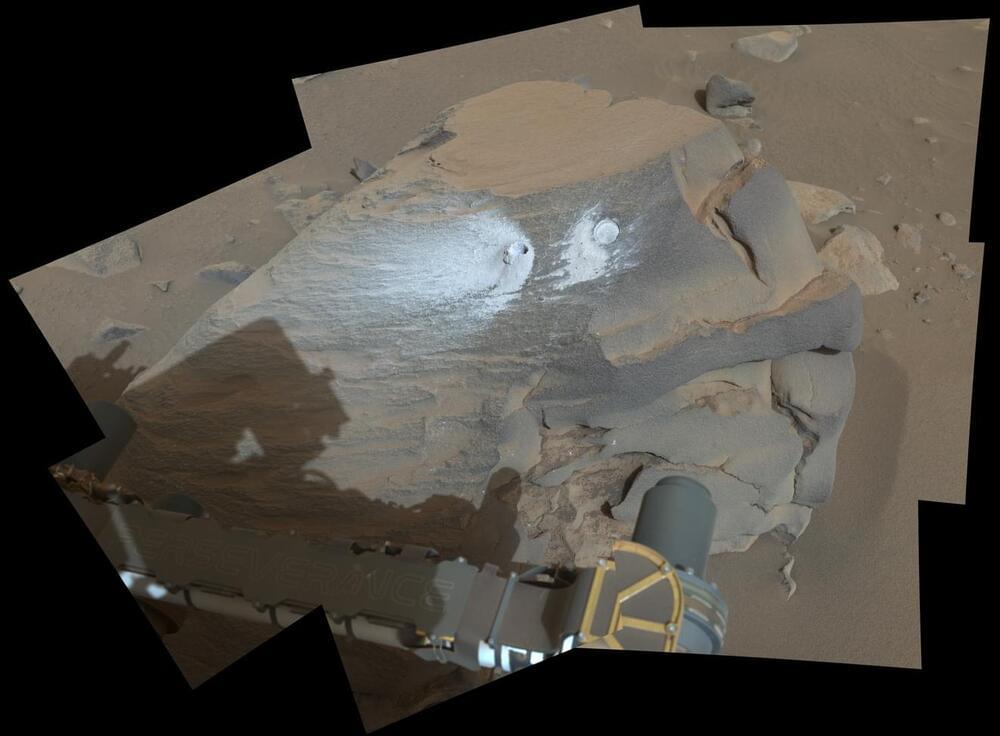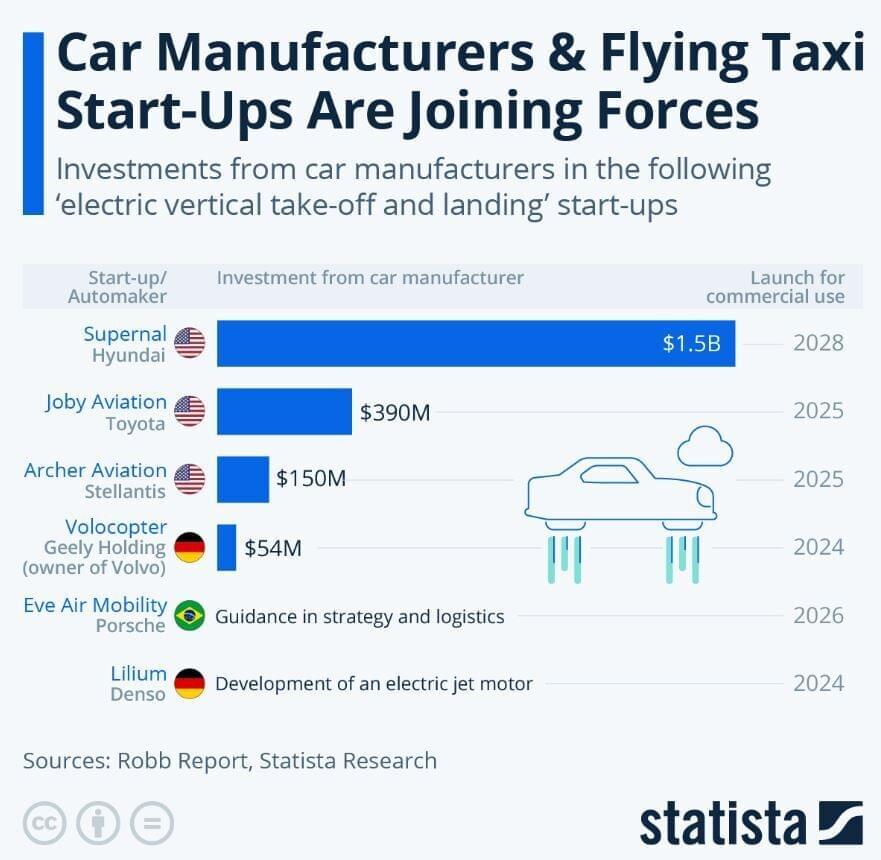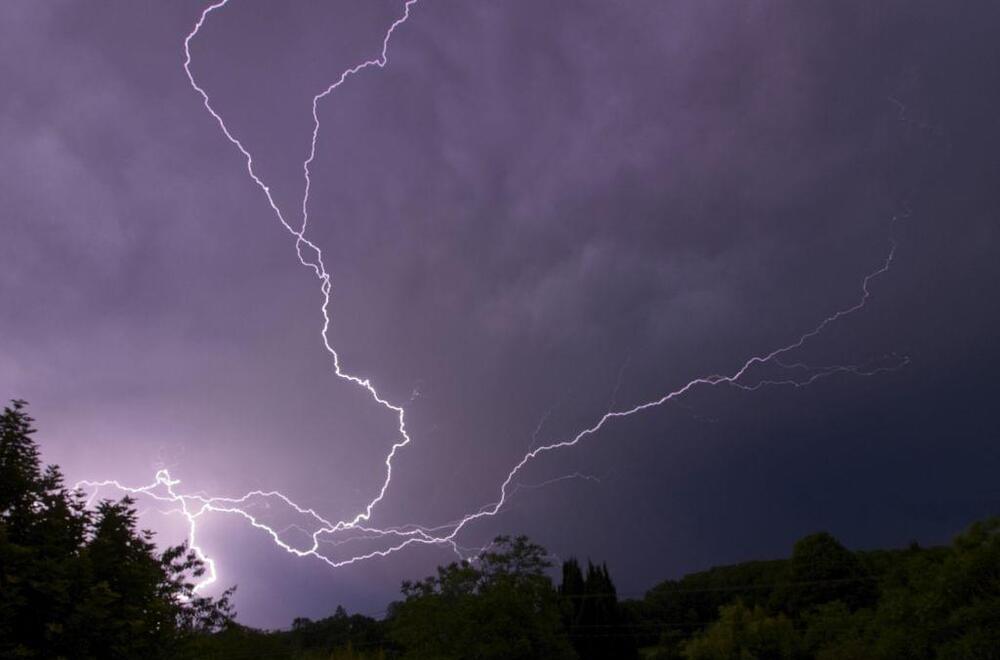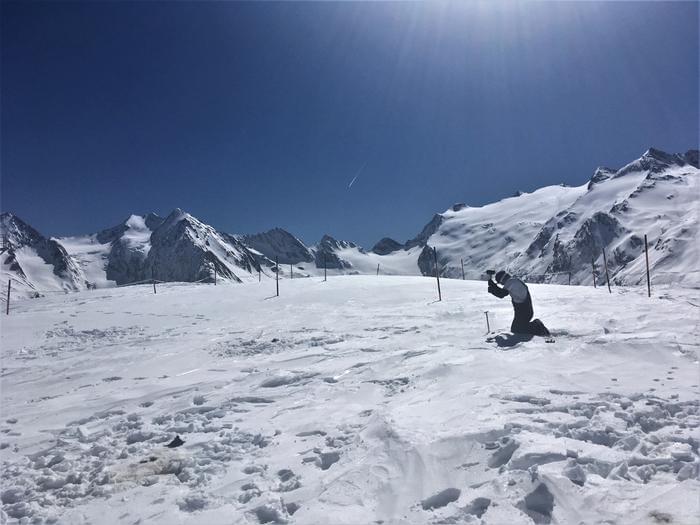With climate change warming the oceans, this results in drastic consequences for marine life in deep water environments, but can steps be taken to help mitigate these effects? This is what a recent study published in Nature Communications hopes to address as a team of researchers from the United Kingdom investigated how “mixing down” oxygen levels in the ocean could help contribute to a more suitable environment for deep sea life. This study holds the potential to help scientists, conservationists, legislators, and the public better understand the steps that can be taken to mitigate the long-term effects of climate change.
Decreasing oxygen levels in the ocean is a natural phenomenon, but climate change has been predicted to accelerate this process, which could lead to massive decreases in oxygen levels in deep water environments and pose catastrophic consequences for marine life. For the study, the researchers used new methods that combine ocean water data from the Celtic Sea and computer models to ascertain how deep water oxygen levels could be replenished during the warmer summer months. In the end, they determined that summertime storms can result in the “mixing down” of oxygen and decrease this oxygen loss by almost half, which also shows promise for putting floating wind farms in the northern North Sea and Celtic Sea to assist in this process.
“There is growing concern for the health of our coastal oceans as the climate warms because warmer water holds less oxygen,” said Dr. Tom Rippeth, who is a Professor of Physical Oceanography at Bangor University and lead author of the study. “Living creatures in the ocean are reliant on oxygen to survive in the same way as animals on land are. Oxygen is also used up as rotting matter decomposes in the depths of the ocean. This creates a summer oxygen deficit in the deep seas around the UK. Unfortunately, as our climate warms, this deficit is forecast to grow.”

